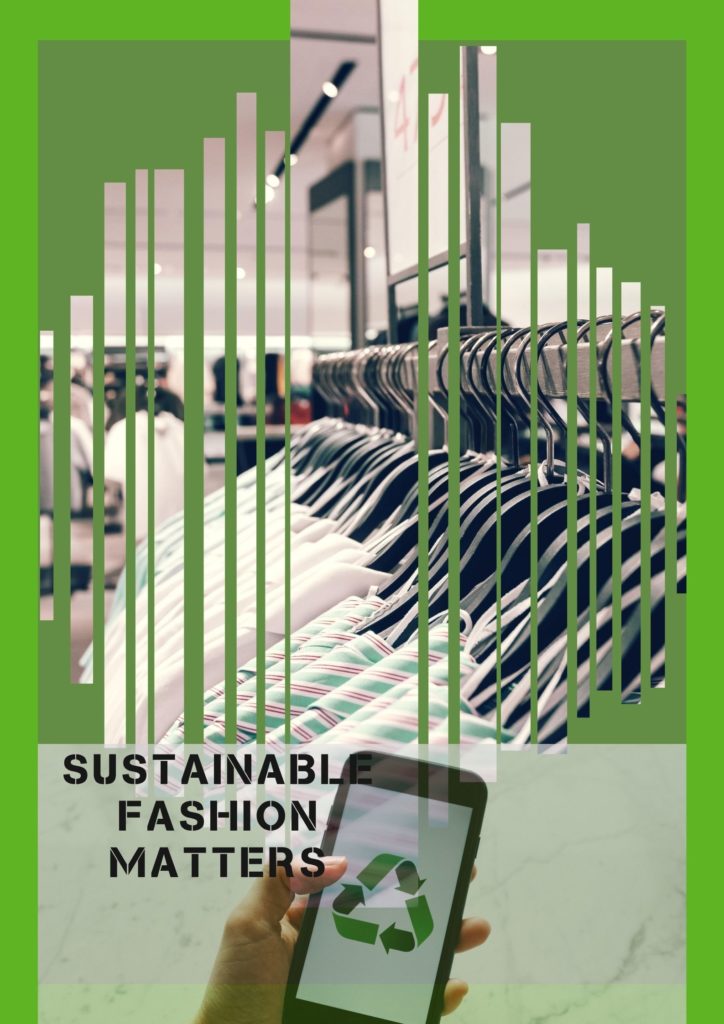Anna Verbytska

In the world of fashion there is a technological revolution: there are alternative, more environmentally friendly options for making clothes, shoes, fabrics, accessories.
Vegan apple leather jackets, a fabric that stores solar energy during the day so that it can be used at night, palm leaf bags… And all these ideas are united by the concept that is becoming a major trend in the fashion world – sustainability. There are three areas in which brands, as well as consumers, can be committed to this idea. This is the careful use of natural and human resources (reducing), reuse of ready-made things (reusing and upcycling), as well as recycling of waste and things to make new ones.
A few years ago, Fashion Revolution activists staged a social experiment. A vending machine for two euros was installed on the street. Before paying, potential buyers were shown a video about the production of T-shirts, how millions of women work 16 hours a day for 13 cents an hour in appalling conditions. After the video, those interested could still buy a T-shirt or donate this money. 90% of the participants in the experiment refused to buy. Activists are now developing a campaign called “Who made my clothes” to motivate brands to reveal the conditions under which they make the things they sell [bbc.com].
Transparency is becoming a necessary part of brands. Millennials generation pays special attention to the impact of fashion on the climate and human life.
If we talk about the taking care of natural resources, special attention needs to be paid to the production of cotton – one of the most popular materials in the fashion industry. According to the World Resources Institute, one cotton T-shirt requires 2,700 liters of water. Approximately the same amount of water a person consumes for 2.5 years. In Central Asia, for example, cotton growing was one of the reasons for the drainage of the Amudariya and Syrdariya rivers. In India or Africa, water is not even enough to meet people’s daily needs. According to estimates by the legendary manufacturer of denim clothing of the American company Levis, the full life cycle of 501 models of jeans – from growing cotton to further washing while wearing – takes 3,781 liters of water. The brand has developed its own technology to reduce the use of water in production, and also encourages the use of recycled cotton [bbc.com].
In the global fashion market, sustainability practices are becoming an integral part of progressive brands. Brands need to take sustainability into account, as consumers increasingly demand it, and it makes sense even from a financial point of view. It doesn’t seem to make sense to count on a leading position in this industry if you are indifferent to the issue of caring for nature and the people who work for you.
Sustainability should be in your life by the essence. Finally, we can get to the point where there will be no difference between a sustainable fashion or an ethical fashion and just a fashion.
#HumanRightsFoundation
#ФундаціяПравЛюдини
#Чернігів
#Чернігівська область
#РазомМиСила
#TOGETHER_WE_CAN
#ChePolytech
#Che_Polytech
#60років_ЧНТУ
#ЧНТУ
#люблю_чнту
